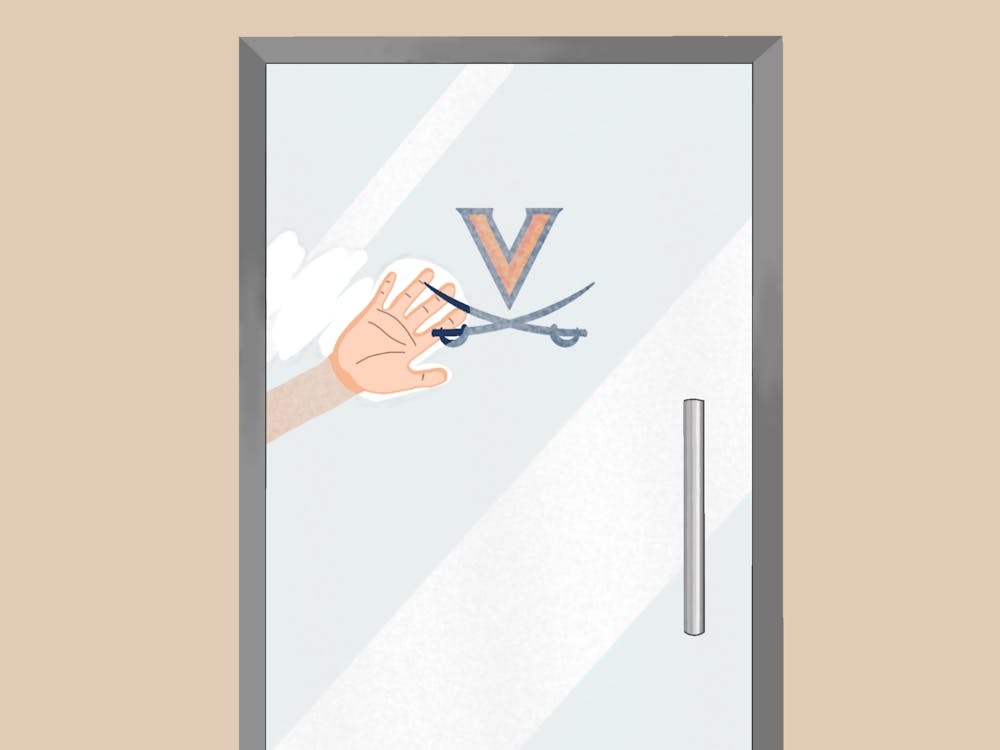Are online comment sections a thing of the past? Should they be? The debate about online comment sections has carried on for the past several years. Originally, online comment sections were an effective way for the public to share their opinion about news articles and have informed discussions about current events in real time. Opponents claim that comments are often vulgar, offensive or simply irrelevant. These comments may sway others’ opinion about a piece or provide information that is not factual. While many news sources moderate online comments such as Fox News and The New York Times, others have phased out online commenting entirely. News outlets such as CNN, Reuters and Popular Science have scaled back or eliminated their comment sections altogether.
There are two main factors The Cavalier Daily should consider when deciding whether to eliminate or reform their comment section. Firstly, the anonymous and unrelated nature of many online comments might be harmful to the newspaper. Readers may be heavily influenced by comments and believe that the comments are more representative of public opinion than they actually are. In addition, a great amount of meaningful commentary is now provided on social media platforms such as Twitter or Facebook.
The second factor is related to the commenting system called Disqus; this system generates revenue by including clickbait and celebrity news on the website. These odd advertisements, which have been mentioned in a previous column, generally detract from the overall credibility of The Cavalier Daily. Unfortunately, the staff does not control the content of these ads. If the paper continues to use this service, the ads will persist.
When The Cavalier Daily rolls out its new website it may choose to alter or eliminate the comment section. The New York Times has a method of vetting commenters and labeling them as “verified.” These individuals are able to comment without moderation. If this method is too time consuming or costly to implement, there are other ways to amend the system. The Cavalier Daily could permit Facebook users to comment on articles from their accounts. Some news sources also limit comments to a certain time frame after an article is published.
It is also worthwhile to heavily consider eliminating the comment section altogether and getting feedback from readers through other sources such as letters to the editor and commentary on social media sites. Whichever decision The Cavalier Daily ends up making, it will be necessary to implement the new policy with a great amount of transparency. Giving readers information up front, and providing strong reasoning for updating the comment policy will be vital. Additionally, readers should know and understand which mechanisms they can use to provide feedback to authors.
Jacquelyn Katuin is the Public Editor for The Cavalier Daily. She can be reached at publiceditor@cavalierdaily.com or on Twitter at @CDPublicEditor.






